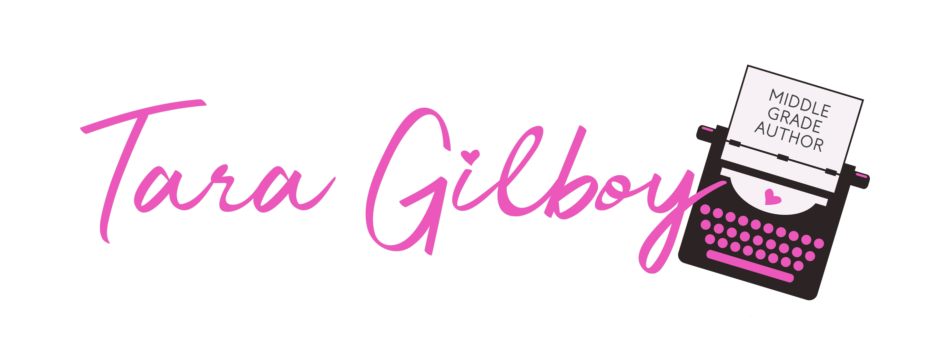I recently read this review in The New Yorker of the new Laura Ingalls Wilder memoir, Pioneer Girl. I found it particularly interesting because I had just finished reading the memoir, and I had come to completely different conclusions than the author of the review, Judith Thurman. Thurman concludes her review by writing that “one has to agree with” critics who “have charged that Wilder could not write.”
I think this assertion is a bit unfair. To me, the memoir read like many of my own rough drafts. It is not that Wilder was a bad writer but that the manuscript is not polished. It is episodic, sure, without a clear overarching story. Wilder was simply getting the rough material down on paper that she would later use and reshape into her series of Little House books. As writers, we all know that one of the most important aspects of writing is getting the words down on paper so that we have something to work with, something to revise, rewrite, and polish.
Granted, Wilder did not intend for this memoir to be a rough draft. She submitted it to editors as a finished work. But this occurred at the very beginning of Wilder’s writing career, before she had written the Little House books she became known for. How many of us, at the beginning of our writing careers, have sent out work before we should have? I know I certainly have. There are things I submitted to editors that I cringe to think of now. But it is part of the process. And submitting work for publication is one of the steps we take when we begin to identify as writers, to treat our work seriously. So even if it is a mistake to submit it too soon, it is a mistake we all make and learn from and is part of the evolution of becoming a writer.
The reason I found the memoir so interesting is because of the insight it provides into the writing process and the (sometimes blurred) boundaries between fiction and nonfiction, and literature written for adults vs. literature written for children. The annotations are often meditations on the writing process, and the editor, Pamela Hill, did a fabulous job of pointing out hints of Wilder’s development as a writer in this early text. We can see in this early text where the stories we loved as fiction in the Little House books came from, and because they are written down as nonfiction here, we glean some insight into the decisions Laura made when writing the later novels: what to cut, what to keep, what to rearrange, what to invent entirely.
Pioneer Girl provides a unique peek into one beloved author’s development as a writer, and I think it should be treated as such. It is an early work, the raw material of her later books, and it is unfair to claim that Wilder “couldn’t write” simply because her first long form work lacks the introspection and arc of her later books. Pioneer Girl, whatever it lacks, still shows Wilder’s honesty, her voice, and her determination to put her life story down on paper, all the way to a finished draft, and these are lessons we can all take away from the book. Whatever one thinks of Wilder’s writing abilities, her talent for storytelling and creating dynamic characters readers care about have inspired the love of millions of readers around the world.
